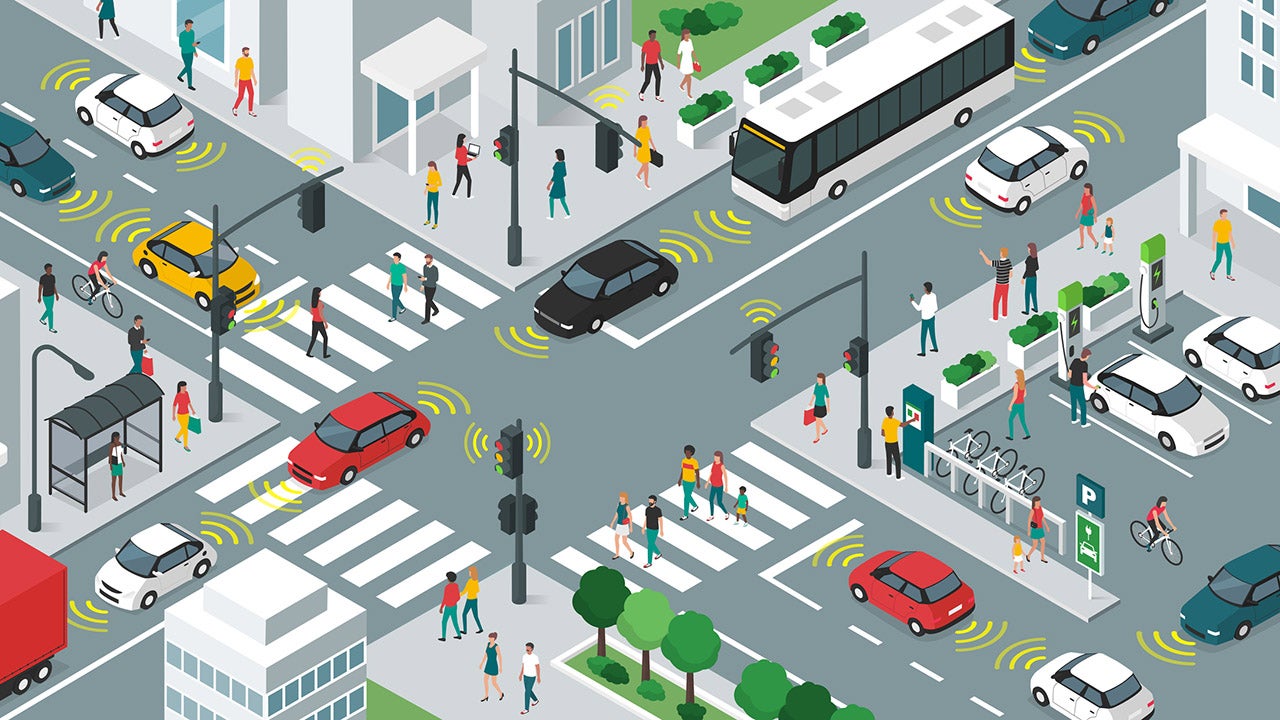For all the challenges, takeout boxes, single-use masks, and disposable gloves that characterized 2020, social distancing gave many of us the opportunity to get closer to nature, whether through walks on local trails or by wistfully staring at beach screensavers between Zoom calls. This Earth Day promises the potential of a gradual return to normalcy (at least in some fortunate parts of the world) but also the continued opportunity to reflect and ask ourselves: what is the future we want? What does an ideal Earth look like in 5, 10, 20, 50 years’ time, from the tallest mountain to the deepest ocean depth?
Fortunately, the United Nations Educational, Scientific and Cultural Organization’s Intergovernmental Oceanographic Commission (UNESCO-IOC) has begun asking this very question, specifically focused on the future state of the ocean and coasts that make up 70% of our planet.
Launched this year, the UN Decade of Ocean Science for Sustainable Development (Ocean Decade) is a ten-year, once-in-a-lifetime opportunity for the global environmental community to rethink how we live with, study, play in, utilize, and appreciate the ocean. The Ocean Decade’s goal is to “transform” the ocean, but the definition of “transformation” is being built sector by sector, stakeholder by stakeholder. UNESCO-IOC aims to make the Ocean Decade both a top-down and bottom-up effort where individuals at every level can work collectively toward their vision of the ocean, and they’re depending on experts in each space to help determine what transformation is necessary within their respective fields.
Within the Institute’s Energy and Environment Program’s ocean-climate portfolio, we see the Ocean Decade as an amazing opportunity to broaden the scope of what’s considered “traditional” ocean work and think critically about how we can build ocean and coastal spaces that address the climate crisis and work for fishers, farmers, kayakers, scientists, engineers, renewable energy operations, teachers, artists, and everyone in between. In order to do this, the “sustainable development” facet of the Ocean Decade will be essential. The ocean is a busy place and only getting busier. In their Blue Economy Strategic Plan, the National Oceanic and Atmospheric Administration (NOAA) reports the large and growing contribution of the ocean to the US economy. NOAA projects demand for domestic maritime commerce is expected to triple by 2030, and the contributions of ocean-related sectors (e.g., tourism and recreation, research and education, ship and boat building, construction, etc.) to the US gross domestic product is continuing to grow. These conflicting needs combined with the increasing impacts of climate change make the need for transformative sustainable development and thoughtful cross-sector consultations even more essential.
Aspen’s Shipping Decarbonization Initiative is an example of transformative sustainable development actions the Ocean Decade aims to foster. To reach zero emissions in line with a 1.5 degree Paris Agreement trajectory, the international maritime shipping sector needs to reevaluate how they do business, from the fuels they use to the ships they build, to how they train their maritime workforces. Recent announcements demonstrate an increase in forward-looking, holistic thinking within the shipping sector. Special Climate Envoy John Kerry’s announcement of a 2050 zero-emission goal for the sector and the growing support within the shipping industry for a global carbon tax are two examples of public and private big picture thinking that embody the transformative spirit of the Ocean Decade. The IOC is challenging the global ocean community to go big in considering the future state of the ocean; as a major player and emitter in the ocean sector, the maritime shipping community needs to be a part of the Ocean Decade process.
The international platform of the Ocean Decade provides the maritime shipping community with an opportunity to highlight the industry’s sustainable development progress, continue to push for more ambitious decarbonization goals, and even explore potential contributions to the data and science goals of the Ocean Decade. For example, the 10 biggest shipping companies in the world own or operate nearly 4,000 ships; imagine the data collection potential, especially during transoceanic crossings, if only a small fraction of these vessels were equipped to collect oceanographic data. The very questions that many in the shipping community are debating currently regarding zero-emission fuels, port infrastructure funding, and supply chain efficiency are quintessential of the type of cross-sector, holistic thinking the Ocean Decade is trying to foster. Therefore the maritime community can not only benefit from participation in the Ocean Decade, but they can be leaders in defining “transformative” sustainable development for the global ocean and coasts.
The maritime shipping community represents a great example of the sustainable development and science successes that are possible over the course of the next ten years and beyond. The Energy and Environment Program is eager to bring ocean stakeholders together during the Ocean Decade to think critically about how we as a global ocean community can create “the ocean we want”.
Want to learn more? Visit oceandecade.org to learn about upcoming events and opportunities. Get in touch if you’d like to be a part of the Institute’s efforts to transform the ocean during the Ocean Decade.


